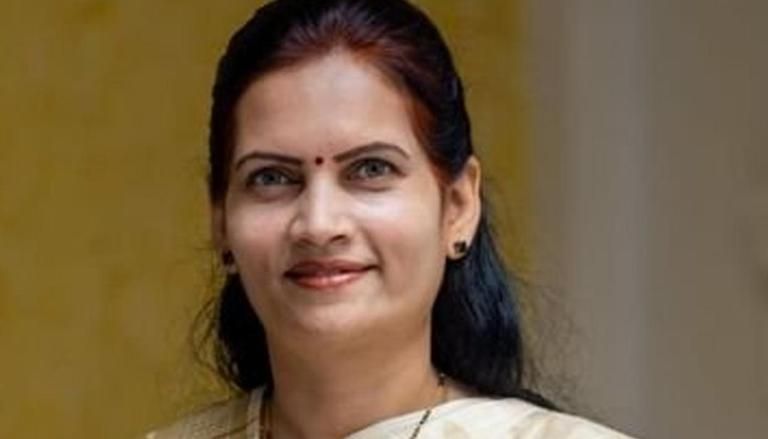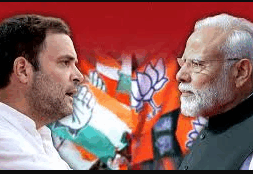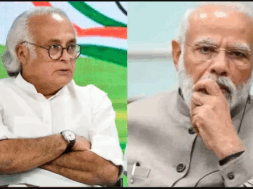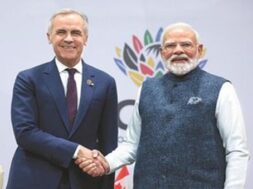
NEW DELHI, July 24: The Centre has underlined that it has no plans to adopt two child norm, the Union Minister of State for Health and Family Welfare Bharati Pawar clarified.
She was replying to a question from BJP MP Uday Pratap Singh in the Lok Sabha. The issue gained resonance after the BJP government in Uttar Pradesh recently announced its policy releasing a draft bill suggesting rewarding those following the two-child norms and punishing those violating it, even bar them from government benefits. The State’s policy, set out in a draft bill, is now open for public comment.
The Centre, she said, has been implementing the National Family Planning Programme which provided voluntary and informed choices to all citizens regardless of their religion or sects through a target free approach with the objective of checking population growth in the country.
India’s national population policy was framed in 2000 with the long term objective of attaining “population stabilization” by 2045 and several initiatives had been taken under the National Family Planning Programme towards this, the Minister said.
These included a Mission Parivar Vikas to include access to contraceptives and family planning services in 146 high fertility districts in 7 high focus States, expanding contraceptive choices by making condoms, combined oral contraceptive pills, emergency contraceptive pills, intrauterine contraceptive device (IUCDs) and sterilisation more accessible. A compensation scheme for those who undergo voluntarily sterilisation for loss of wages to the beneficiary, service provider and team for conducting sterilisation is also in place.
As a result, said Dr. Pawar, India’s total fertility rate had declined from 2.7 to 2.2 from 2005-06 (NFHS III) to 2015-16 (NFHS IV); 28 out of 36 States and Union Territories have already achieved the replacement level fertility of 2.1 or less and the Crude Birth Rate has declined from 23.8 to 20.0 from 2005 to 2018.
The Programme of Action (PoA) of the International Conference on Population and Development, Cairo, 1994, to which India is a signatory, is unequivocally against coercion in family planning, said Dr. Pawar. International experience had shown that any coercion or diktat to have a certain number of children was counter-productive and led to demographic distortions like sex selective abortions, abandonment of the female child and even female infanticide due to intense son preference, all of which eventually resulted in a skewed sex ratio, she said.
(Manas Dasgupta)













